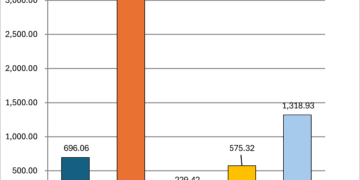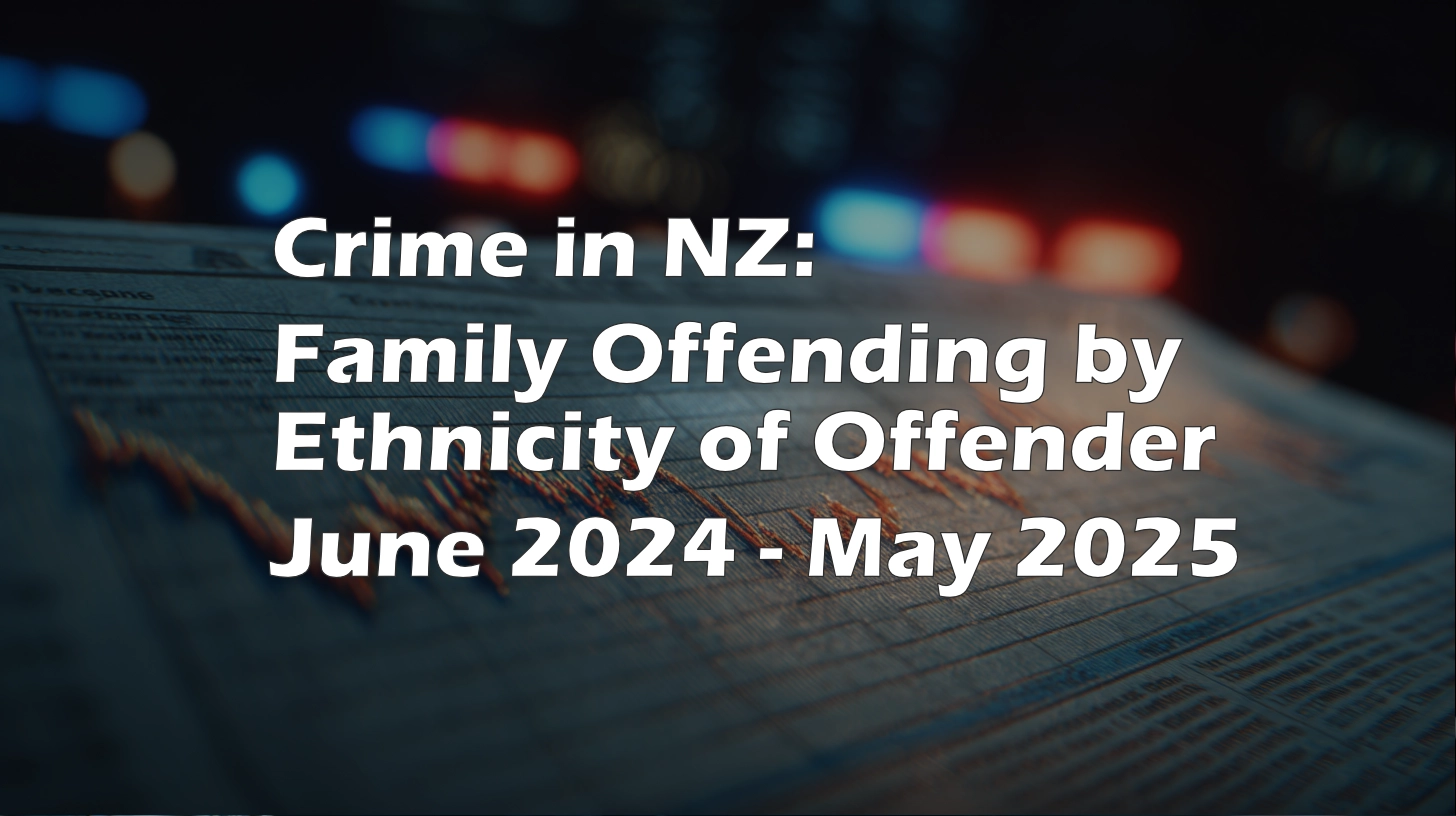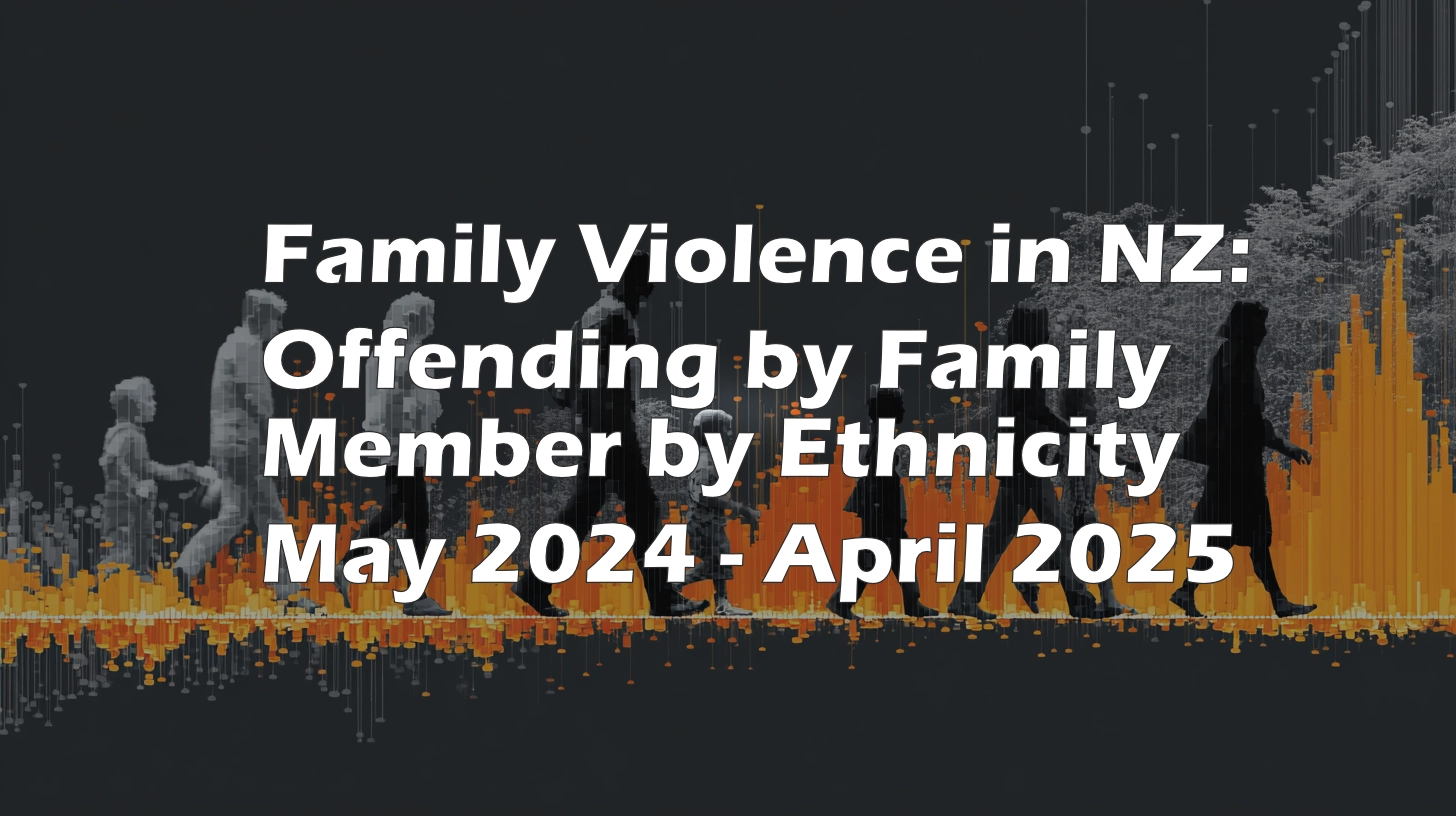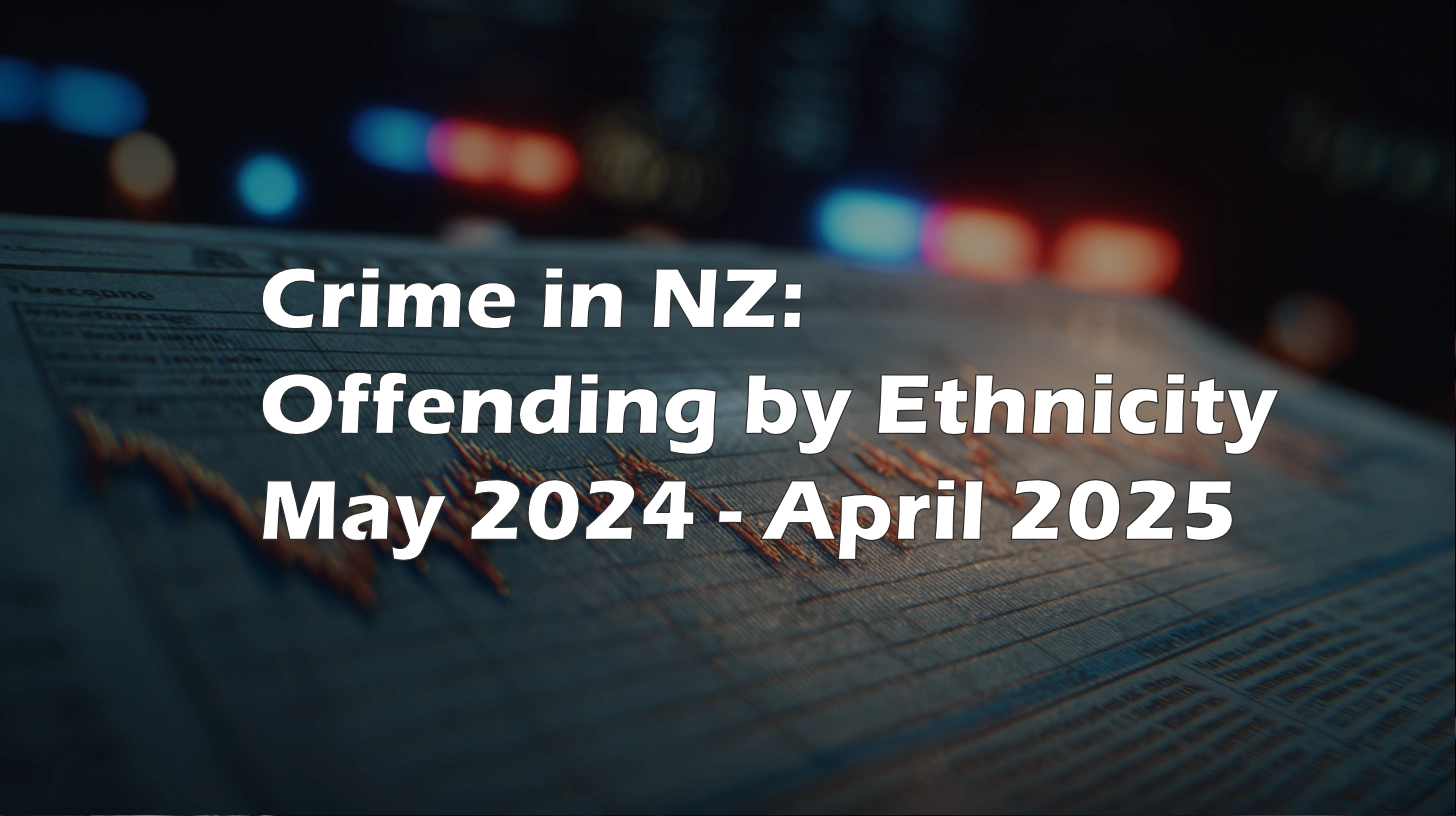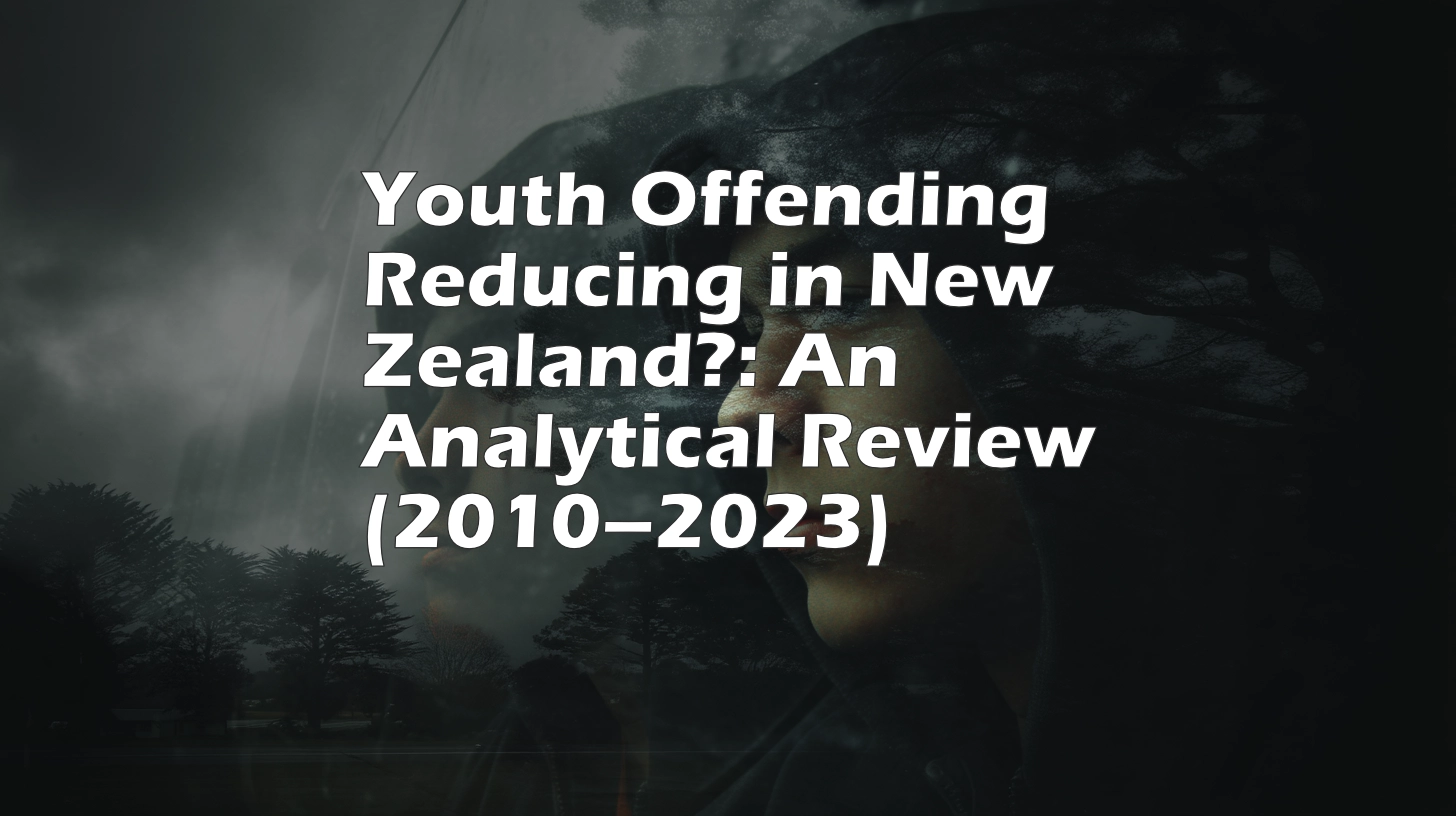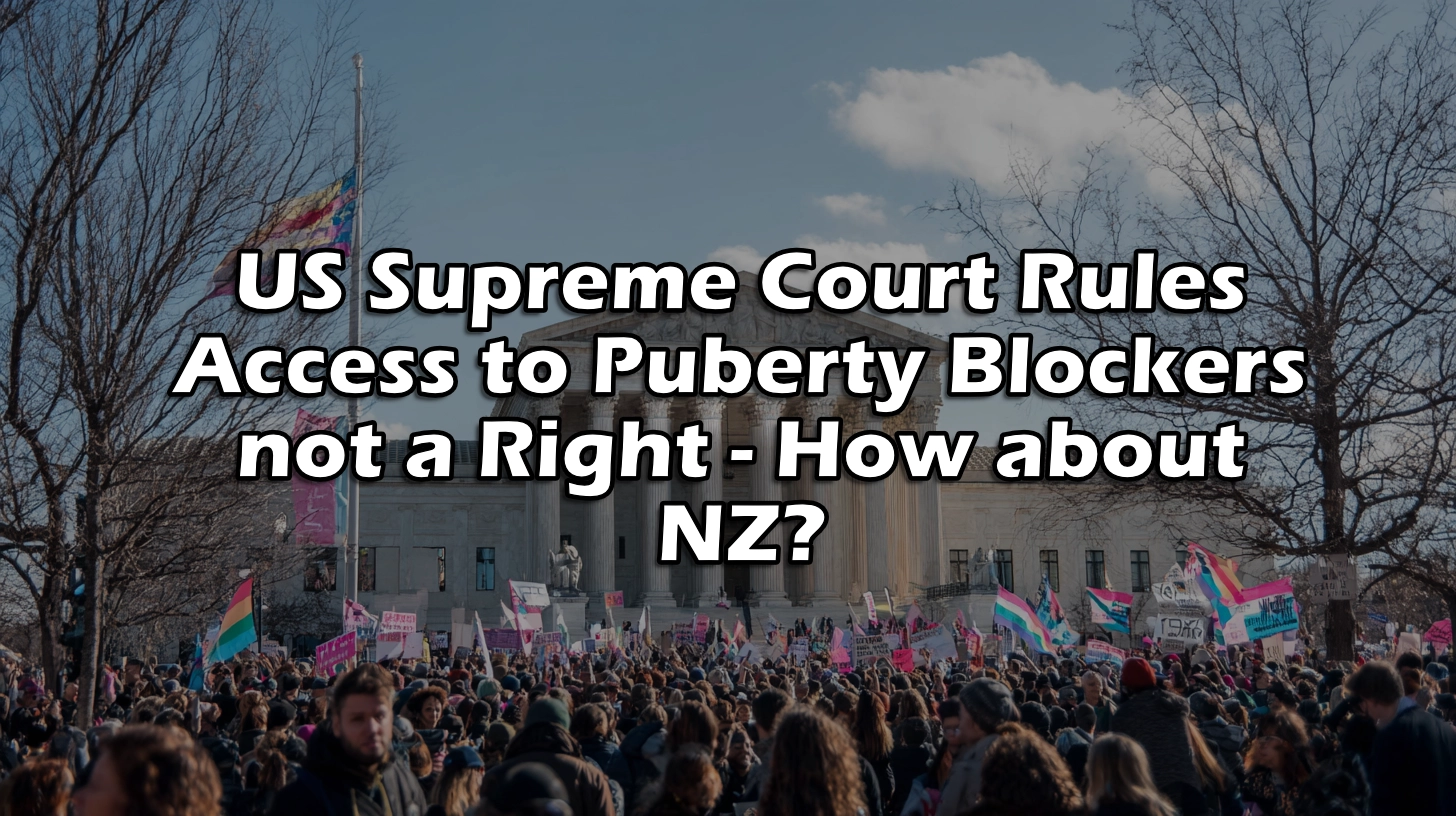In NZ, our Ministry of Health’s position on puberty blockers (medications traditionally prescribed for early onset of puberty, and some cancers) as a treatment for the mental health condition known as Gender Dysphoria is currently:
The evidence brief shows a lack of good quality evidence to back the effectiveness and safety of puberty blockers when used for this purpose.
TRAs (Trans Rights Activists) claim that any ban on the provision of Puberty Blockers for the treatment of this mental health condition would be discriminatory against people with Gender Dysphoria.
As adults with the mental health condition can still access them, and as the recent ruling from the US Supreme Court shows, this is not the case.
Should those minors require the medication for early onset puberty or those cancers, they would not be denied them. It would be a simple decision to no longer prescribe a specific medication for the mental health condition known as Gender Dysphoria.
When the United States Supreme Court handed down its decision in United States v. Skrmetti, upholding Tennessee’s ban on puberty blockers and cross-sex hormones for minors, it marked a seismic shift in the legal and cultural treatment of transgender issues. While the American Civil Liberties Union (ACLU) and Biden administration had fought fiercely to enshrine these treatments as a constitutional right, the court’s 6-3 ruling sided with the argument that such interventions are experimental and that elected representatives have the authority to regulate them.
As a New Zealander, the ruling is both a cautionary tale and a potential harbinger of legal recalibration. The U.S. case reflects a growing global divergence between activist-driven medical models and the more cautious, evidence-based approaches being adopted in parts of Europe. It also raises pressing questions for New Zealand, where the gender-affirming model remains largely unquestioned by public health authorities, schools, and political leaders.
Skrmetti and the Path to the Supreme Court
The case began when Tennessee passed S.B.1 in 2023, prohibiting puberty blockers, hormones, and surgery for minors with gender dysphoria. The ACLU and other LGBTQ+ advocacy groups challenged the law on behalf of three young plaintiffs, including a teen known as L.W. who began medical transition at age 13.
Despite early lower-court wins, appellate decisions reversed course. The Sixth Circuit Court concluded that the state had a legitimate interest in regulating experimental treatments for minors. The decision relied heavily on emerging international consensus questioning the safety and efficacy of pediatric gender medicine, notably from Finland, Sweden, and the UK. The Supreme Court’s endorsement of that reasoning effectively ends hopes of a federal constitutional right to such treatments for minors.
The Collapse of a Strategy Built on Shifting Science
Central to the ACLU’s argument was the assertion that gender-affirming care is a “medical necessity” supported by a robust scientific consensus. Yet internal documents released during litigation suggested otherwise. Emails from WPATH (World Professional Association for Transgender Health) revealed pressure to suppress inconvenient evidence, delete age minimums, and shape language to serve legal strategies.
What had been presented to courts as solid science was, in reality, a highly politicised consensus vulnerable to manipulation. Even one of the movement’s own, trans activist and Rebellion PAC board member Brianna Wu, conceded, “We’ve built a medical system that is really uninterested in turning people away or saying no.”
New Zealand: Still in the Grip of the Gender-Affirming Model
While Europe reconsiders the gender-affirming paradigm, and U.S. courts begin pushing back against activist overreach, New Zealand remains deeply embedded in the affirmative model. The Ministry of Health’s guidelines, heavily influenced by WPATH, promote self-identification and allow youth access to puberty blockers and hormones through the public system.
There is little public debate, and critics of the model are often smeared or silenced. Concerns about informed consent, co-occurring mental health conditions, and the long-term risks of treatment are not widely acknowledged by government bodies or mainstream media.
Contrast this with the UK, where the Tavistock clinic has been shuttered following the Cass Review’s conclusion that the evidence base for paediatric transition is alarmingly weak. In New Zealand, no such national inquiry has been launched.
The Role of Self-ID and Ideology
At the heart of Skrmetti is a broader ideological clash over the nature of sex and identity. Activists have pushed for self-identification laws that redefine sex as a matter of internal feeling rather than biological reality. The U.S. case laid bare the consequences of this thinking, with lawyers arguing that terms like “born male” are offensive, and that puberty itself should be seen as optional.
In New Zealand, self-ID was legislated into law in 2021 with minimal public consultation. Despite concerns from women’s rights groups, the change was pushed through by a coalition government without mandating single-sex protections in prisons, sports, or changing rooms.
What Comes Next?
The ruling in Skrmetti may not apply directly to New Zealand, but its implications are profound. It signals that courts, once allies of gender ideology, may now demand real evidence. It shows that public opinion — even among left-leaning voters — is far more cautious when it comes to children. And it demonstrates the perils of outsourcing public health policy to activist-driven bodies like WPATH.
For New Zealand, the time is ripe for a serious, evidence-led reassessment of how we treat children with gender distress. That means open debate, scientific integrity, and respect for biological reality. It also means admitting that well-intentioned but ideologically driven policies may be doing more harm than good.
From a New Zealand viewpoint, the recent discussions around gender identity and policies have taken on a particularly urgent tone. Many of us are deeply concerned about the implications of enshrining gender fluidity into our legal frameworks without rigorous scrutiny. It seems that in the rush to be inclusively progressive, crucial questions about biological sex and safeguarding women’s rights are being sidelined. Our history of valuing fairness and equity, especially in spaces like sports and prisons, faces the risk of erosion if gender ideology is allowed to override biological realities.
Furthermore, New Zealand’s commitment to protecting vulnerable populations—such as women and children—must remain at the forefront. While respecting individual identity is important, we must also ensure that cultural norms and common sense are not sacrificed on the altar of ideology. There’s a growing concern that legislation driven by gender identity politics could undermine the very safeguards that have traditionally protected women’s spaces, leading to a chilling effect on our community’s ability to have honest, open discussions about these issues. As a nation, we should prioritize balanced, evidence-based policies that respect both individual rights and the inherent dignity of biological sex, rather than capitulating to unproven notions of gender fluidity that threaten to blur crucial lines of safety and fairness.
—









